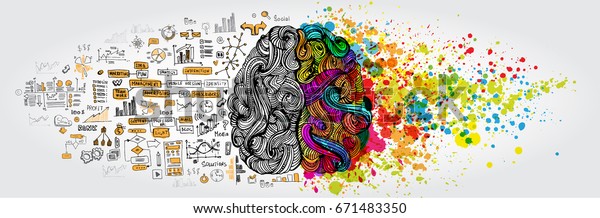A few days back I had a small argument with a complete stranger on Instagram! The gentleman wanted to claim that homosexuality is unnatural. Someone pointed out that it is found in 450 species in nature. Then the person argued that comparison with animals is illogical because we humans are better. That is when I pointed out that there is actually no difference between humans and animals. In fact, for most parts, animals are way more well behaved than humans. To that, the person replied that dogs sniff butts before choosing partners and I should do the same if I believe humans are the same as animals.
That made me think. Scientifically speaking there are hundreds of research which suggest the power of olfactory cues which we humans use subconsciously in our day to day dealings. Them why don't we sniff our dates? Because we are shamed. Because we have construed social norms which tell us doing so is not "nice". And, we all want to be "nice". We have our "ego" which stems from the I-factor or identity. I shall not go into the musings around the reason behind the emergence of this I-factor. Oriental philosophers have done an extremely thorough analysis of this.
Let us start from the fact that we have this I-factor or identity. This sense of self is very unique to humans. A few other animals may have a basic sense of identity. This can be treated as a separate sense-organ. Again, this is not my invention. After a little bit of Googling I found that the Buddhists have always treated mind as a sense organ. And every sense organ needs sense-objects. Just as we have an internal drive to eat nice food, look at a nice sunset or smell the roses similarly we have a need to satisfy our "ego".
It is very clear now. At a functional level, we are exactly the same as animals. We just have one more sense-organ to satisfy, the "I-factor" or "ego". Does that make us superior to other animals? Well, if you believe that a man with eyes is superior to a man without then yes. However, no sane person will even remotely consider a blind person inferior. In fact, all the other senses of a blind person are much sharper. In the same manner, animals are not inferior to us. In fact, due to the lack of the extra sense-organ ("ego") their other organs are mostly much sharper than that of humans.
I sincerely thank my Instagram-stranger for making me see this so vividly.











